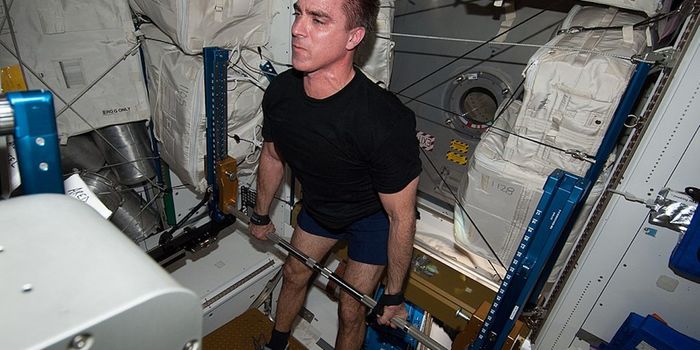Sleepio the First Digital Therapeutic to Receive NICE Guidance for Insomnia Treatment
In a monumental moment for digital therapeutics, the National Institute for Health and Care Excellence (NICE) in the United Kingdom recently recommended Sleepio, a digital therapeutic developed by Big Health, as a cost-effective treatment option for people with insomnia. It’s the first digital therapeutic to ever receive such a recommendation.
The prevalence of insomnia (a condition characterized by having trouble falling or staying asleep) isn’t exactly known. Some studies estimate between 10%-30% of the worldwide population have insomnia, while others estimate up to half of the global population. In the UK, roughly a third of adults struggle with insomnia
The standard of care for people with insomnia frequently includes two treatment options: (1) education about sleep hygiene and good sleep habits, and (2) medication. Governing bodies like NICE also recommend cognitive behavioral therapy for insomnia (CBT-I) as a first treatment for patients with insomnia. CBT-I examines the interconnection between our behaviors and sleep, with the goal towards changing behaviors to improve sleep habits. However, at least in the United Kingdom, the availability of people trained to provide CBT-I is limited.
Sleepio is a digital therapeutic that uses therapeutic techniques similar to other digital therapeutics. Specifically, Sleepio uses cognitive behavioral therapy (CBT) techniques designed to intervene in and change a user's behavior to hopefully promote meaningful changes in sleep habits. Sleepio also has features that lets users customize their experience to their own needs. Users can access the app wherever they are.
Multiple studies have been conducted evaluating Sleepio’s efficacy for people with insomnia, including 28 research studies and 12 randomized controlled clinical trials. Overall, Sleepio was shown to help about three quarters of users see positive changes to their sleep habits. These findings allowed NICE to conclude that Sleepio was not only an effective digital therapeutic but was more effective than the standard of care in improving overall clinical outcomes related to insomnia.
Sleepio was also found to save people money, as well. A mathematical analysis of Sleepio use found that on average, the app could save a user about $680 over six months of use, in both direct and indirect costs.
Sources: Businesswire; Sleepio; Sleep








